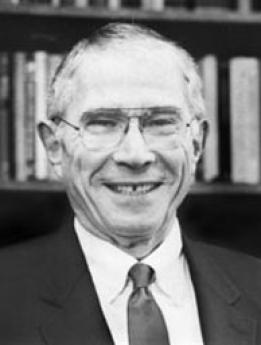
Founder
Contact Information:
Email: aj@ski.org
Office Phone: (415) 345-2020
Fax: (415) 345-2199
The Smith-Kettlewell Eye Research Institute 2318 Fillmore Street San Francisco, CA 94115

Founder
Email: aj@ski.org
Office Phone: (415) 345-2020
Fax: (415) 345-2199
The Smith-Kettlewell Eye Research Institute 2318 Fillmore Street San Francisco, CA 94115